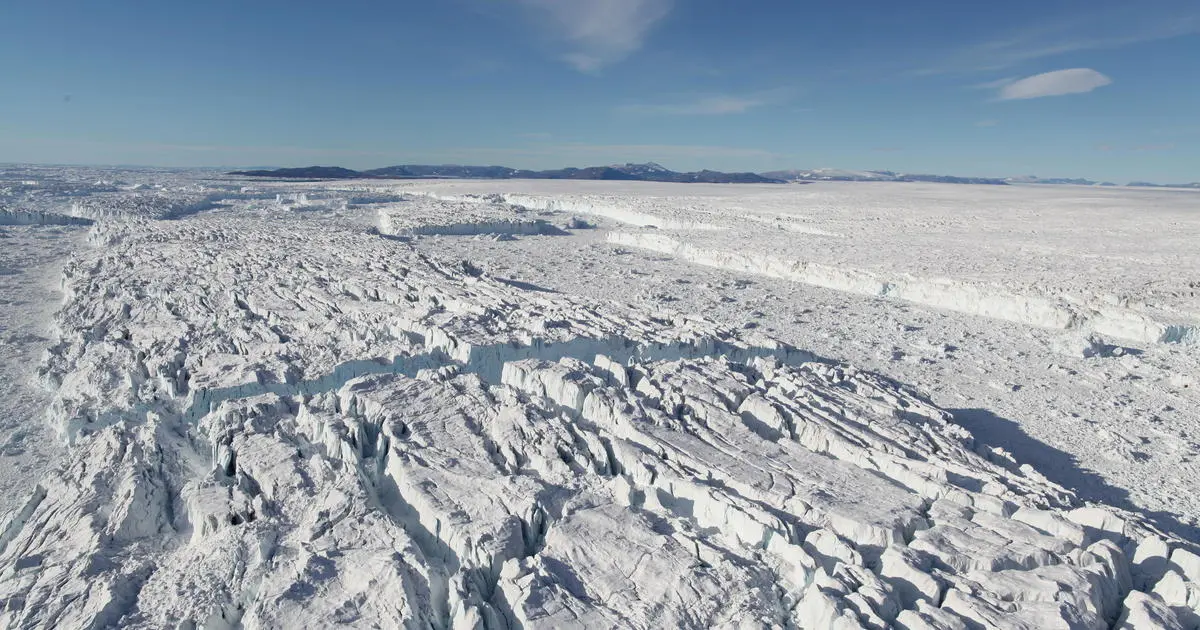- cross-posted to:
- climate@slrpnk.net
- cross-posted to:
- climate@slrpnk.net
Greenland’s ice sheet is melting faster than scientists previously estimated, according to a study released Wednesday in the journal Nature, with the loss believed to be 20% worse than previously reported.
Since 1985, Greenland’s ice sheet has lost approximately 5,091 square kilometers of ice researchers found using satellite imagery. Scientists said earlier estimates did not track melting at the edges of the ice sheets, known as calving, which measures ice breaking off at the terminus of a glacier.
Greenland’s ice sheet loses about 193 square kilometers of ice per year, researchers found.
It keeps doing that. Maybe it’s time for scientists to stop tip-toeing about it.
deleted by creator
We need to ring the town hall bell and run the NATO sirens to send a message “you’re all proper fucked if you don’t stop burning fossil fuel right now!”
People are well aware. They’re just waiting for the bells to ring in a total pandemic level lock down.
Regular people are well aware. It’s the rich assholes who don’t give a shit.
so we had a pretty large part of humanity against vaccines and masks during a pandemic. No amount of bell ringing, which is already going on, changes their minds. If anything they just double down.
At this point it’s more maybe we can somewhat lessen the fuckening if we stop burning fossil fuels
This is the best summary I could come up with:
Study co-author Chad Greene and his colleagues said they qualified the extent of calving, which increased the scope of ice mass lost.
They combined “236,328 observations of glacier terminus positions” compiled from various public data sets to capture monthly ice melt.
Scientists found that seasonal variability of glaciers could be a predictor of long-term loss of ice mass, with notable differences in melting during the summer and winter.
Researchers in the study noted that “this retreat does not appear to substantially contribute to sea level rise” because most of the glacier margins the scientists measured were already underwater.
However, scientists have previously found the Greenland ice sheet is the second-largest contributor to sea level rise.
In an earlier study, scientists found that a single sheet melting was responsible for more than 17% of sea level rise between 2006 and 2018.
The original article contains 364 words, the summary contains 139 words. Saved 62%. I’m a bot and I’m open source!







